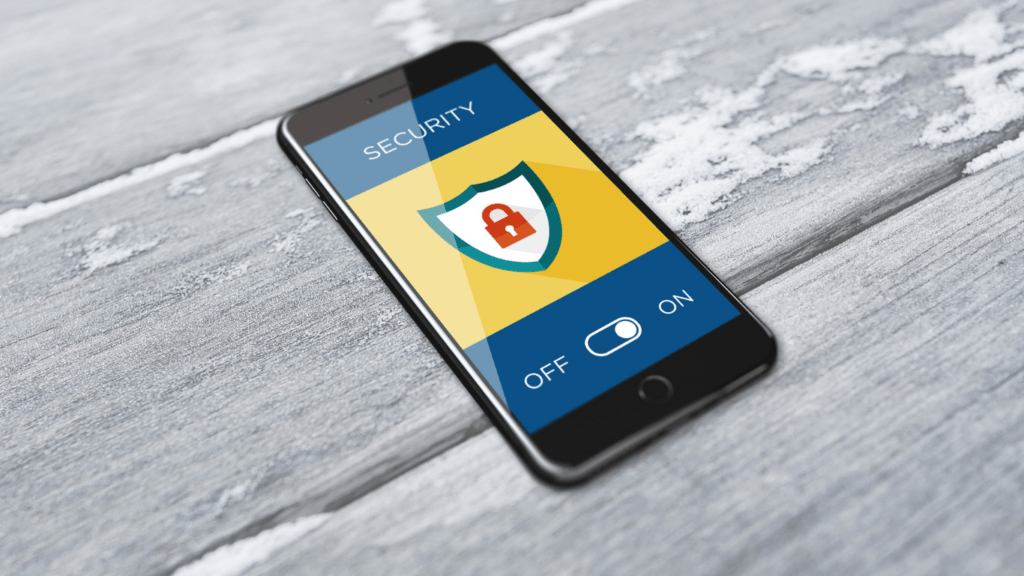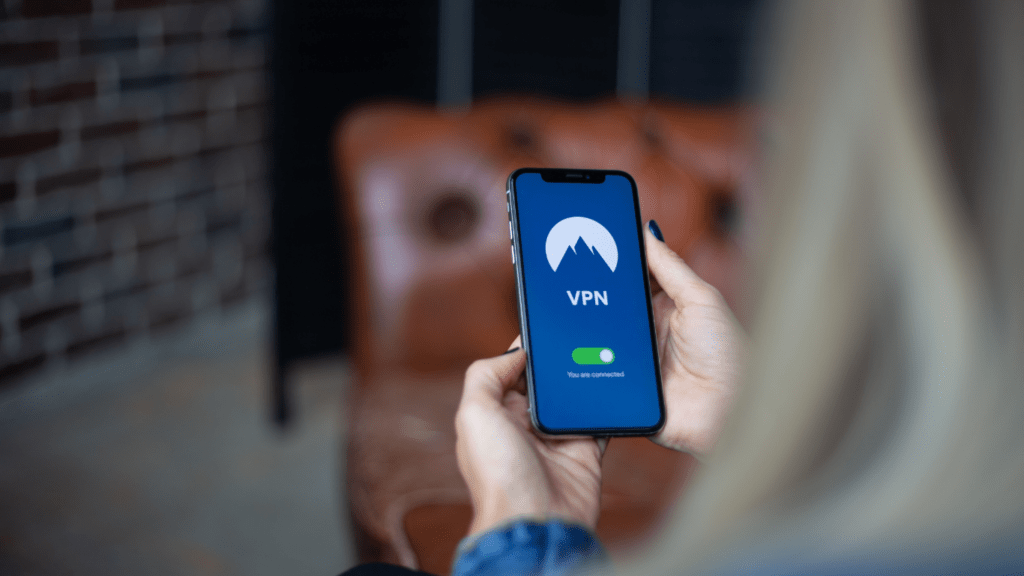In today’s digital age, keeping our online data secure is more crucial than ever. That’s where VPN encryption comes into play. As I delve into the world of VPNs, I’ll shed light on how this powerful technology safeguards your sensitive information from prying eyes.
When you connect to a VPN, your data is encrypted, making it unreadable to anyone trying to intercept it. This added layer of security ensures that your online activities, whether browsing, streaming, or banking, remain private and protected. Join me as I demystify VPN encryption and its role in fortifying your data’s defense against cyber threats.
Understanding VPN Encryption
VPN encryption is a crucial aspect that ensures the security and privacy of our online activities. When I connect to a VPN server, my data is encrypted, meaning it’s converted into a complex code that unauthorized parties can’t understand. This encryption serves as a protective shield, safeguarding my online communications from potential cyber threats.
The encryption process involves taking my data and using mathematical algorithms to scramble it into an unreadable format. This transformation occurs in real-time as I send and receive information over the internet through the VPN connection. By encrypting my data, I can ensure that even if someone tries to intercept it, they won’t be able to decipher the content without the encryption key.
Furthermore, VPN encryption varies in strength levels, with the most secure protocols employing advanced encryption standards like AES-256. This level of encryption is virtually unbreakable and commonly used by government agencies and cybersecurity experts to protect sensitive information.
In essence, understanding VPN encryption allows me to grasp the significance of this technology in safeguarding my data and ensuring my online activities remain private and secure. It creates a secure tunnel for my data to travel through, shielding it from prying eyes and potential cyber threats on the internet.
Types of Encryption Used in VPNs
When it comes to VPN encryption, there are primarily two types of encryption methods used to secure data: symmetric encryption and asymmetric encryption.
- Symmetric Encryption
In symmetric encryption, the same key is used for both encryption and decryption of data. This means that the sender and the receiver share a single, secret key to encode and decode the information being transmitted. It is a fast and efficient way to encrypt data, making it suitable for securing large amounts of information. However, the challenge lies in securely sharing the key between the communicating parties. - Asymmetric Encryption
Asymmetric encryption, also known as public-key encryption, involves the use of a key pair: a public key and a private key. The public key is shared openly, allowing anyone to encrypt data that only the holder of the corresponding private key can decrypt. This method eliminates the need to exchange secret keys beforehand, enhancing security and ease of communication. Asymmetric encryption is essential for establishing secure connections in VPNs and ensuring data confidentiality across networks.
Importance of VPN Encryption for Data Protection

Exploring the significance of VPN encryption reveals its vital role in safeguarding sensitive information across digital networks. By employing robust mathematical algorithms, VPN encryption acts as a formidable shield against unauthorized access and potential cyber threats, ensuring the confidentiality and integrity of data transmissions.
Delving further into the realm of encryption protocols underscores the critical nature of utilizing advanced standards like AES-256. With its impressive strength and ability to create secure communication channels, AES-256 stands as a cornerstone in fortifying data protection measures within VPN frameworks.
Examining the core encryption methods within VPNs underscores the distinctive characteristics of symmetric and asymmetric encryption. Symmetric encryption, where a single shared key facilitates secure communication between parties, offers a streamlined approach to data protection. On the other hand, asymmetric encryption, also known as public-key encryption, revolutionizes secure data transmission by leveraging key pairs to authenticate and encrypt information without the prerequisite sharing of secret keys.
Understanding the pivotal role of asymmetric encryption elucidates its significance in establishing secure connections within VPN infrastructures. By ensuring data confidentiality without the need for pre-shared keys, asymmetric encryption bolsters the overall security posture of VPN networks, fostering trust and privacy in digital communication channels.
Evaluating the Impact of Encryption Strength on Data Security
Exploring the Strengths of Encryption Techniques
When considering the impact of encryption strength on data security, it’s vital to delve into the various encryption techniques utilized in VPNs. The encryption strength directly influences the level of protection your data receives while being transmitted over the internet. As I examine encryption methods, I focus on the robustness of the algorithms and the key lengths used to secure data.
Understanding Algorithm Robustness
In evaluating encryption strength, it’s essential to assess the robustness of the algorithms employed. Robust encryption algorithms like AES-256 offer a high level of security by employing complex mathematical computations that are challenging to decipher without the proper decryption key. These algorithms ensure that your data remains confidential and secure during transmission.
Significance of Key Length in Encryption
Another critical aspect to consider is the key length used in encryption. Longer keys provide enhanced security as they increase the complexity of encryption, making it more difficult for unauthorized parties to decrypt the data. By using longer key lengths, VPNs can significantly bolster the protection of sensitive information against cyber threats and potential breaches.
Impact on Data Confidentiality and Integrity
The strength of encryption directly impacts the confidentiality and integrity of your data. Strong encryption protocols contribute to maintaining the confidentiality of your information by encoding it in a secure manner that is virtually indecipherable to malicious entities. Additionally, robust encryption techniques help uphold data integrity by preventing unauthorized modifications during transmission.
Role in Enhancing Data Security within VPN Networks
In the realm of VPNs, the encryption strength plays a pivotal role in enhancing overall data security. By leveraging advanced encryption standards and robust algorithms, VPNs can fortify the protection of sensitive data against various cyber threats, ensuring that your online activities remain private and secure. The encryption strength is a cornerstone of data security within VPN networks, safeguarding your information from potential vulnerabilities and intrusions.



